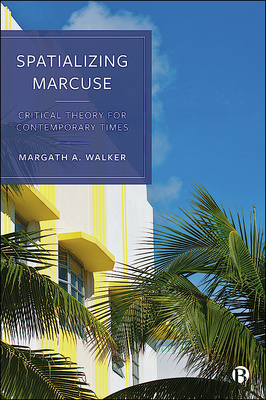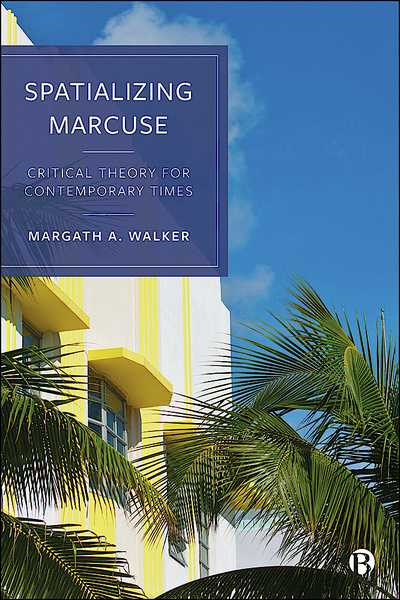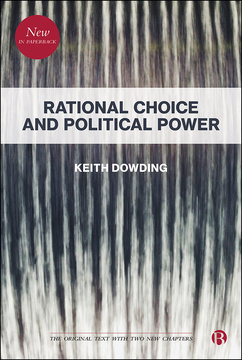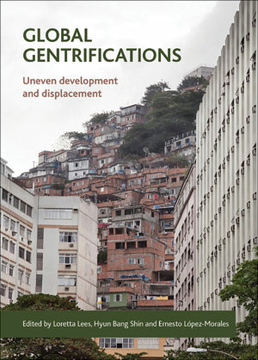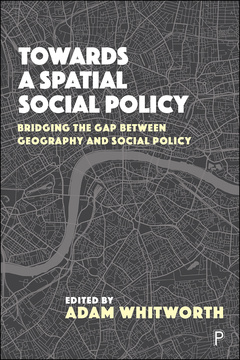Published
25 Jul 2022Page count
152 pagesISBN
978-1529211108Dimensions
234 x 156 mmImprint
Bristol University PressPublished
25 Jul 2022Page count
152 pagesISBN
978-1529211122Imprint
Bristol University PressPublished
25 Jul 2022Page count
152 pagesISBN
978-1529211122Imprint
Bristol University PressThis fresh appraisal of philosopher Herbert Marcuse’s work foregrounds the geographical aspects of one of the leading social and political theorists of the 20th century.
Margath A. Walker considers how Marcusean philosophies might challenge the way we think about space and politics, and create new sensibilities. Applying them to contemporary geopolitics, digital infrastructure, and issues like resistance and immigration, the book shows how social change has been stifled, and how Marcuse’s philosophies could provide the tools to overturn the status quo.
She demonstrates Marcuse’s relevance to individuals and society, and finds this important theorist of opposition can point the way to resisting oppressive forces within contemporary capitalism.
“Moving clearly between philosophy, social theory, and a range of contemporary examples, this is a compelling political and geographical account of why Herbert Marcuse’s work remains of enduring importance today.” Stuart Elden, University of Warwick
Margath A. Walker is Associate Professor in the Department of Geographic and Environmental Sciences and School of Urban and Public Affairs at the University of Louisville.
Introduction: Why Not Demand the Impossible? Geography and Marcuse
Dimensionality Flattened
Mission Reconstruction
Trialectic Topologies of the Right Here, Not Yet and Over
False Binaries
New Sensibilities







